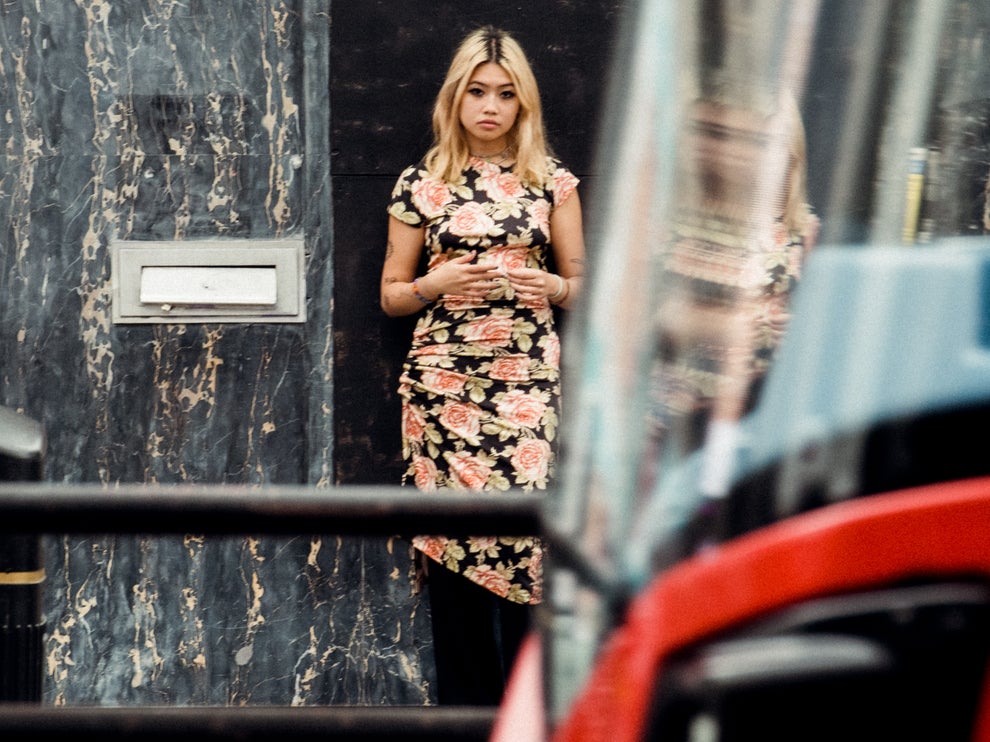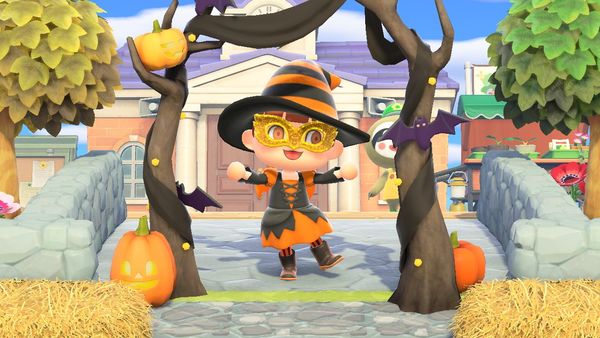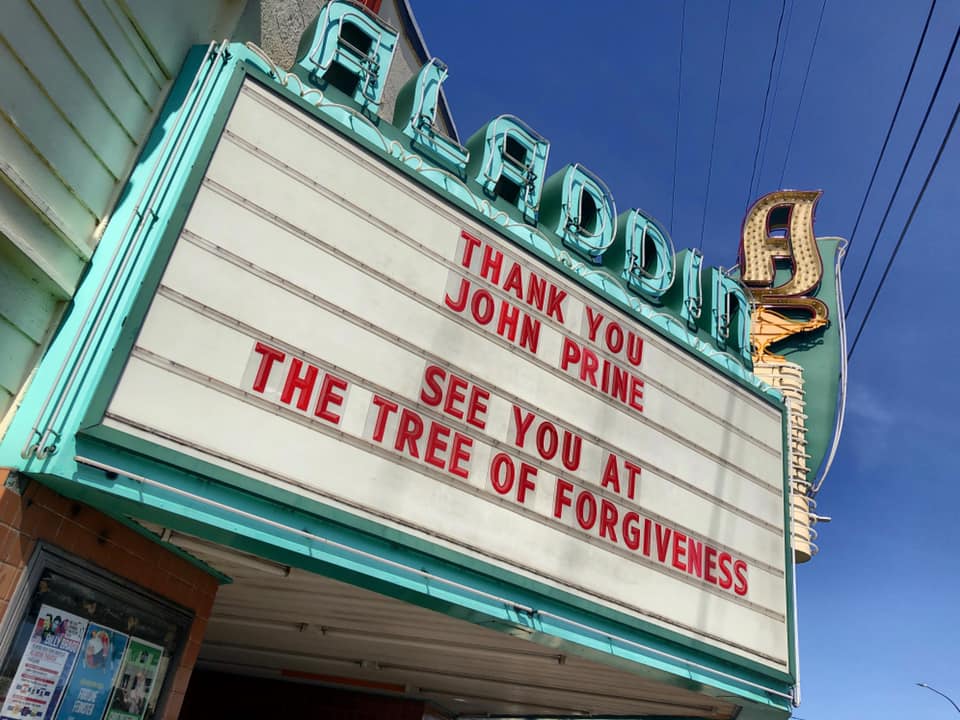In late 2017, Pitchfork ran a prescient feature on the unlikely resurgence of rap rock—aptly titled, “The Unlikely Resurgence of Rap Rock.” The piece’s premise is that rap rock—historically one of pop music’s most maligned sub-genres—had begun to resurface via the work of young rappers like Lil Uzi Vert and Lil Peep.
Disingenuous canonization of Korn frontman Jonathan Davis notwithstanding, it’s an article that makes some enduringly great points (and it was, freakily and sadly, published a mere four days before Peep’s tragic death.) Young people are able to experience old music unencumbered by the cultural baggage that makes it seem corny to the people who lived through it, and this oscillation is a defining characteristic of the pop music continuum, if not the pop culture continuum in general. It is nostalgia in reverse.
British-Filipino singer-songwriter Beabadoobee’s first full-length release, Fake It Flowers, wasn’t explicitly influenced by rap-rock or nu-metal or anything, really, that would have made the main stage at Woodstock ’99. But—with its evocations of mall-core pop-punk, mid-tempo radio emo bands like All-American Rejects and Let Go-era Avril Lavigne—it still feels like a twist on this dynamic.
Born in the year 2000, Beabadoobee was fortunate enough to come of age during poptimism’s big boom. For those who don’t spend virtually all their free time ambling the endless hall of mirrors that is music Twitter, that term broadly refers to the concept that pop music deserves the same level of critical respect and analysis paid to rock. I did not come of age in this era, exactly, but I felt its ideological ripples. It was the period when Pitchfork et al. began covering hip hop and mainstream pop music proper; front page reviews of Carly Rae Jepsen’s E•MO•TION would run alongside retrospectives on mildewed and decidedly unsexy albums like The Bends, or whatever. Not to give a handful of blogs too much credit, but this juxtaposition likely played a part in molding the diverse tastes and inclusive dispositions of fledgling rock, pop and rap artists alike—including, of course, artists such as Beabadoobee.
Fake It Flowers is a saccharine morass of influences that all generally fall under the rock umbrella. First track and lead single “Care” is still the album highlight and the record’s statement of theme—with an intro verse reminiscent of the Cranberries, a hook that evokes Kelly Clarkson’s “Since U Been Gone” and an extremely brief, flanger-laden guitar solo that sounds like Billy Corgan playing blindfolded before accidentally walking into oncoming traffic.
“Charlie Brown” brings to mind the emo somnolence of Jimmy Eat World—that is, until it launches into its Herculean, Lady Gaga-caliber chorus. Beabadoobee’s maximalist, arena-filling musical leanings are offset by wry and often deeply personal post-adolescent musings. “I think I want to marry him, but I really don’t want to freak him out,” she sings during album closer “Yoshimi, Forest, Magdalene,” which are also the names she’s given to her and her crush’s imaginary children in the song. “I’m scared he’s gonna leave me, ‘cause when I’m mad I get pretty scary,” she continues—“but he won’t, and he won’t because I’m pretty, and we’ll have lots and lots and lots and lots of babies.” The whole thing is funny, heartrending and unflinchingly forthright; it’s like Weezer’s “No One Else” without the sexism.
There is this fancy, post-modern idea that if a writer makes too many comparisons to an old thing in a review of a new thing, they are being reductive or lazy or that the work in question is somehow not being judged on the merits of its own, unique properties. This flies in the face of the philosophies guiding so much contemporary pop music, though. Take, for example, hyperpop—a Gen Z Frankenstein puree of EDM, rap and top 40 pop that is as catchy as it is burdensome. This fairytale—that a mythical gestalt exists at the core of all art—is, ironically, reductive itself; not only can hyperpop be divided by the sum of its parts, that is precisely the point.
Beabadoobee doesn’t approach hyperpop levels of aesthetic restlessness on Fake It Flowers, and if you aren’t listening carefully, it might not even seem like a particularly adventurous rock record. Yet it is a patchwork of disparate influences, some of which are very corny.
Beabadoobee was four years old when Ashlee Simpson—a fairly identifiable reference point throughout Fake It Flowers—was exposed lip-syncing during a performance on Saturday Night Live. That event was essentially a career killer for Simpson; CD copies of her debut Autobiography were summarily thrown in budget bins (if not the garbage), and her music was widely dismissed as flavor of the week baby food.
For millennials, it is likely impossible to engage with “Pieces of Me” without subconsciously recalling that incident. It colors the way we listen to the song, which is too bad, because the song is very good. But for someone such as Beabadoobee, who doesn’t share that collective cultural memory, the Ashlee Simpson lip-syncing debacle is probably just a yawn-inducing footnote.
When young artists plunder those bargain bins and trash cans and find something redemptive about music the preceding generation has deemed corny, older adults and bad critics default to “kids these days” haughtiness; we call it revisionist and we feel like it affirms the worthiness of our tastes. “If only they knew how much we used to make fun of Ashlee Simpson,” we’ll think to ourselves (or say publicly, if we’re really old and still use Facebook.)
But really, this just affirms our oldness and the tenacity of our biases—and taste is nothing if not accumulated bias. Fake It Flowers is a great and fun rock record on its own, but maybe more meaningfully, it helps recontextualize a particular era of corny-yet-secretly-great music. I listened to Fake It Flowers three times and then immediately put on “Sk8er Boi”—because, as a general rule, if the kids like it, then there’s probably just something we missed the first time.






